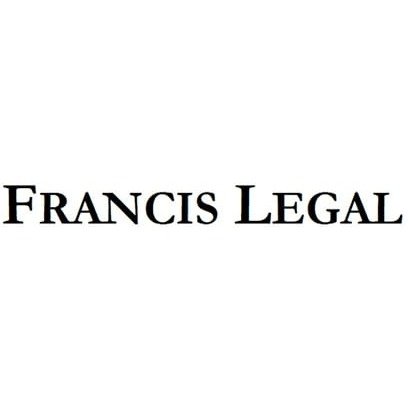Best Arrests & Searches Lawyers in Hornsby
Share your needs with us, get contacted by law firms.
Free. Takes 2 min.
List of the best lawyers in Hornsby, Australia
About Arrests & Searches Law in Hornsby, Australia
Arrests and searches in Hornsby, Australia are governed by the Law Enforcement (Powers and Responsibilities) Act 2002. This law provides the police with powers to arrest, search, and detain individuals, as well as seize items. The law also stipulates that police officers must respect the rights of individuals when exercising these powers. The fundamental aim is to balance the need for law enforcement with individual rights and liberties.
Why You May Need a Lawyer
Legal advice in arrests and searches may be essential in cases where someone has been arrested, property searched, and their belongings confiscated. These are complex areas of law that can have substantial consequences. A lawyer can assist in understanding your rights, guide through the legal process, represent you in court if needed, and potentially challenge an allegedly improper arrest or search.
Local Laws Overview
Under the local laws in Hornsby, a police officer has the right to arrest without a warrant if they suspect an individual is about to or has committed a crime. However, the arrest must be reasonable and not oppressive. Also, an officer has the right to search an individual or their property for drugs, weapons, or evidence of crime. Searches must respect an individual's privacy and dignity, and usually require the police to have a reasonable suspicion. Understanding and navigating these laws can be complex, thus having legal advice on hand proves beneficial.
Frequently Asked Questions
What are my rights during an arrest?
During an arrest, you have the right to remain silent except providing your name and address. You also have the right to contact a family member, a friend, and a lawyer.
When can police search my property?
The police can search your property if they have a search warrant or if it's in relation to a serious crime. However, they must follow due process and respect your rights during the search.
I believe my arrest or search was unlawful, what should I do?
If you believe your arrest or search was unlawful, you should contact a lawyer immediately. They can provide you with advice and may be able to challenge the legality of your arrest or search.
Can evidence obtained unlawfully be used against me in court?
It depends on the circumstances of the case. Generally, if the evidence was obtained unlawfully, it may be excluded from the proceedings. However, certain exceptions may apply.
What happens if I resist arrest?
Resisting arrest is a crime and it can lead to additional charges. If you believe the arrest is unlawful, it's recommended to comply first and then seek legal advice.
Additional Resources
The Law Society of New South Wales provides ample resources and directories to connect with lawyers having expertise in the area of Arrests & Searches. Legal Aid NSW also offers free legal services to those who meet specific eligibility criteria. Moreover, the NSW Police website can be a useful resource to stay informed about your rights and responsibilities during arrests and searches.
Next Steps
If you require legal assistance for matters related to Arrests & Searches, it is advisable to seek legal representation at the earliest. Contacting the Law Society of New South Wales or Legal Aid NSW for assistance can be beneficial. Preserve any documentation or evidence related to your situation, and ensure to share all the details with your legal representative.
Lawzana helps you find the best lawyers and law firms in Hornsby through a curated and pre-screened list of qualified legal professionals. Our platform offers rankings and detailed profiles of attorneys and law firms, allowing you to compare based on practice areas, including Arrests & Searches, experience, and client feedback.
Each profile includes a description of the firm's areas of practice, client reviews, team members and partners, year of establishment, spoken languages, office locations, contact information, social media presence, and any published articles or resources. Most firms on our platform speak English and are experienced in both local and international legal matters.
Get a quote from top-rated law firms in Hornsby, Australia — quickly, securely, and without unnecessary hassle.
Disclaimer:
The information provided on this page is for general informational purposes only and does not constitute legal advice. While we strive to ensure the accuracy and relevance of the content, legal information may change over time, and interpretations of the law can vary. You should always consult with a qualified legal professional for advice specific to your situation.
We disclaim all liability for actions taken or not taken based on the content of this page. If you believe any information is incorrect or outdated, please contact us, and we will review and update it where appropriate.









